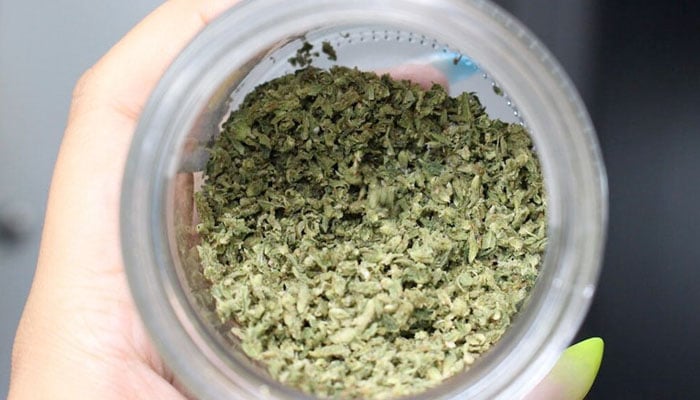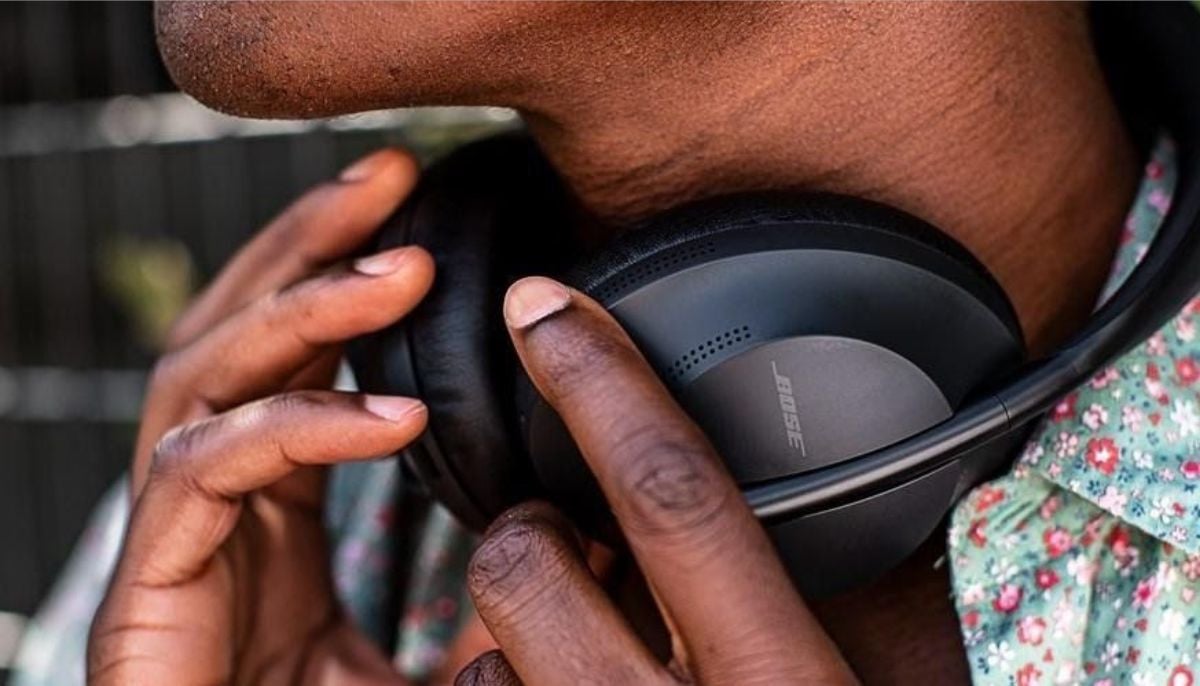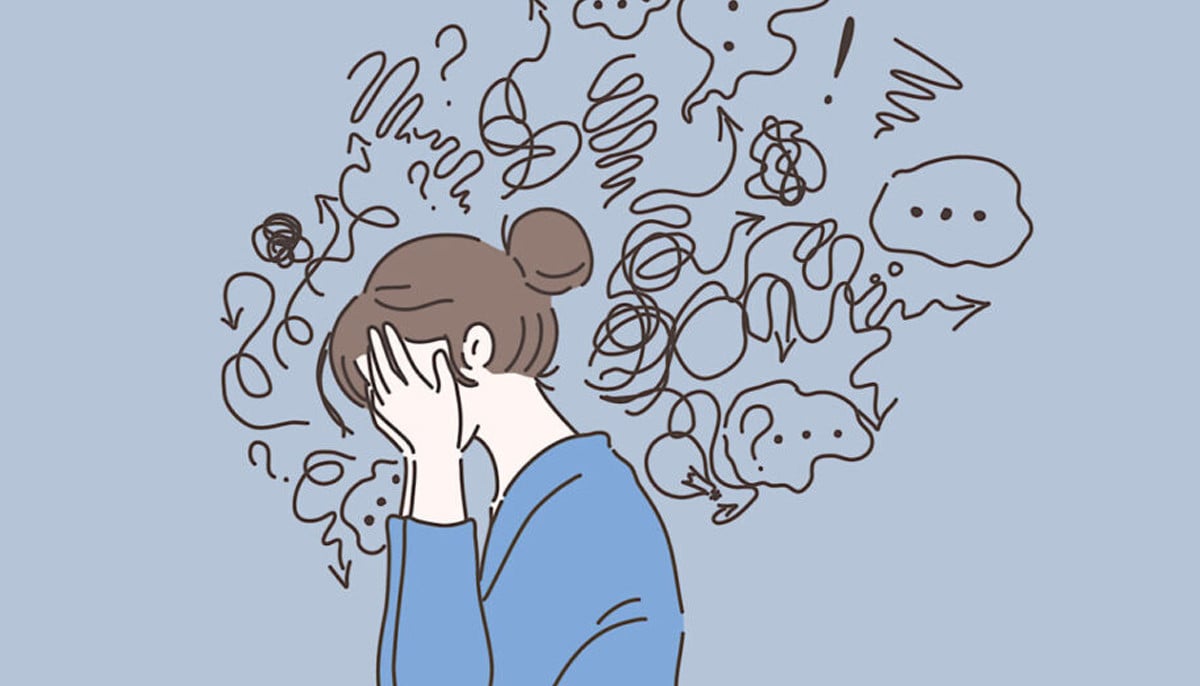Delta-8 quasi-legal weed use surges among US 12th graders — but this drug isn't harmless as many think
US delta-8 weed has less legal constraints, less strong but is creating health crisis for teens
US high school seniors' usage of delta-8, a cannabis derivative frequently advertised as “light THC” or a legal substitute for marijuana, is “appreciable,” especially in states where adult use of the drug is illegal, as per a recent study.
The cannabis sativa plant contains more than 100 different chemical components, among them is also delta-8 THC, also known as delta-8 tetrahydrocannabinol, according to CNN.
It is a kind of chemical relative or isomer of delta-9 THC, the compound that gives users of cannabis a high. The majority of the intoxicating effects of marijuana are caused by delta-9, the most prevalent type of THC in the plant.
Although it has less legal constraints and is less strong, delta-8 has the same effect on the brain.
In most states where delta-8 is legal, there are no age limitations, unlike with marijuana. The study's authors contend that the amount of teenagers who have reported taking delta-8 could be a "potential public health concern" based on their findings, which were published in the journal Jama on Tuesday.
“What we hadn’t known prior to this study was to what extent are these products reaching teens, which was a concern because they weren’t being comprehensively regulated,” said study author Dr Adam Leventhal, executive director of the USC Institute for Addiction Science.
Kids may find Delta-8 appealing in a variety of ways, including breakfast cereals, chocolate, cookies, sweets, and vape cartridges. Since Delta-8 is available online, in convenience stores and petrol stations instead of just age-restricted dispensaries, it is also freely accessible.
The Monitoring the Future in-school survey, which was carried out across the US between February and June 2023, provided the data for the current study. The survey is a continuous, nationally representative evaluation of teenagers' attitudes and behaviour on a range of subjects. Delta-8 use was first measured by researchers in 2023.
-
Angelina Jolie and Brad Pitt mental health struggle amid divorce
-
Peter Dinklage shares achondroplasia struggle: 'My whole life I've had stares'
-
Celine Dion’s private battle with Stiff Person Syndrome
-
5 famous names who have spoken up about their anxiety
-
Janet Jackson on how vertigo left her unable 'to perform'
-
Kelly Osbourne talks about weight loss struggles
-
Ben Affleck’s migraine struggle post Jennifer Lopez split
-
4 popular celebrities who suffer from chronic fatigue












